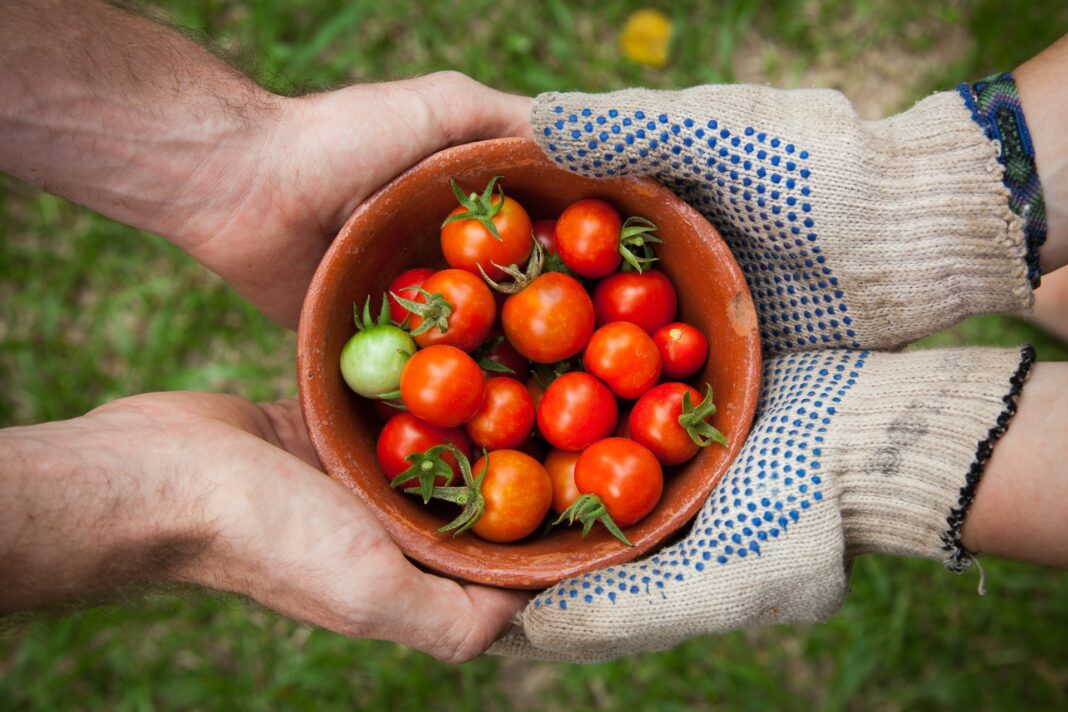Looking to embrace a simple and self-sufficient lifestyle? These days, many people are turning away from the consumerist lifestyle to embrace a simpler way of living.
In particular, younger generations are passionate about protecting the environment by becoming more sustainable in their life. This post will show you how you can adopt a self-sufficient lifestyle for a better quality of life while protecting the planet.
Gardening
Growing your own food at home in a polytunnel is a great way to start becoming more self-sufficient. You can significantly reduce your impact on the environment by lowering demand for groceries and reducing your food mileage, plus you can protect yourself from food shortages, which could be an issue in the future. As Deborah Wood at Premier Polytunnels says:
“If you’re looking for ways to limit your impact on the environment and lead a more self-sufficient lifestyle, then a sustainable garden is a great place to start. Growing your own fruit, vegetables and herbs not only reduces your yearly food bill and puts you in control of how much pesticide is used, it also allows you to feed your family healthy, delicious meals straight from your garden. Sustainable gardening is food for the soul too – spending time outside can take you away from daily stresses and help you express your creativity, and it’s also a great form of exercise!”
Chickens
Following this, you can also have chickens in your garden to lead a more sustainable lifestyle. You will be able to enjoy fresh eggs on a regular basis, plus chicken manure is an excellent fertiliser for the plants that you have in the garden. You should compost chicken manure as it can be too high in ammonia to apply directly. Looking after chickens can also be a fun and rewarding activity.
Composting
Following this, composting allows you to prevent waste and create a nutrient-dense material that can enrich your garden and bring it to life. In addition to chicken manure, you can use kitchen scraps (food waste is a major environmental issue), grass clippings, old leaves, cardboard, and many other materials to create compost at home. Composting is also incredibly easy to start and can be done in the kitchen or in the garden.
Clothes
Fast fashion is another major environmental issue that needs to be addressed. You can play your part by mending and sowing clothes that are worn. This will reduce your demand on fast fashion and help you to save a lot of money! You can also get satisfaction from mending your own clothes – many people like to customise and alter their clothes to add personality and style.
Transport
Driving is often an individual’s biggest impact on the environment, and also an activity that costs a lot of money each month and causes a lot of stress. These days, many people get by without a car, particularly with the rise of remote work. Walking or cycling is free, great for your health, and environmentally friendly. You can also use public transport for longer journeys to minimise your impact on the environment and reduce stress.
If you want to embrace a sustainable, self-sufficient, and simple lifestyle, these are good areas to begin with. Adopting these practices will enrich your life in a number of ways while reducing your impact on the planet. It is easy to see why many younger people are adopting a more self-sufficient lifestyle, particularly when it can bring so many benefits.


























